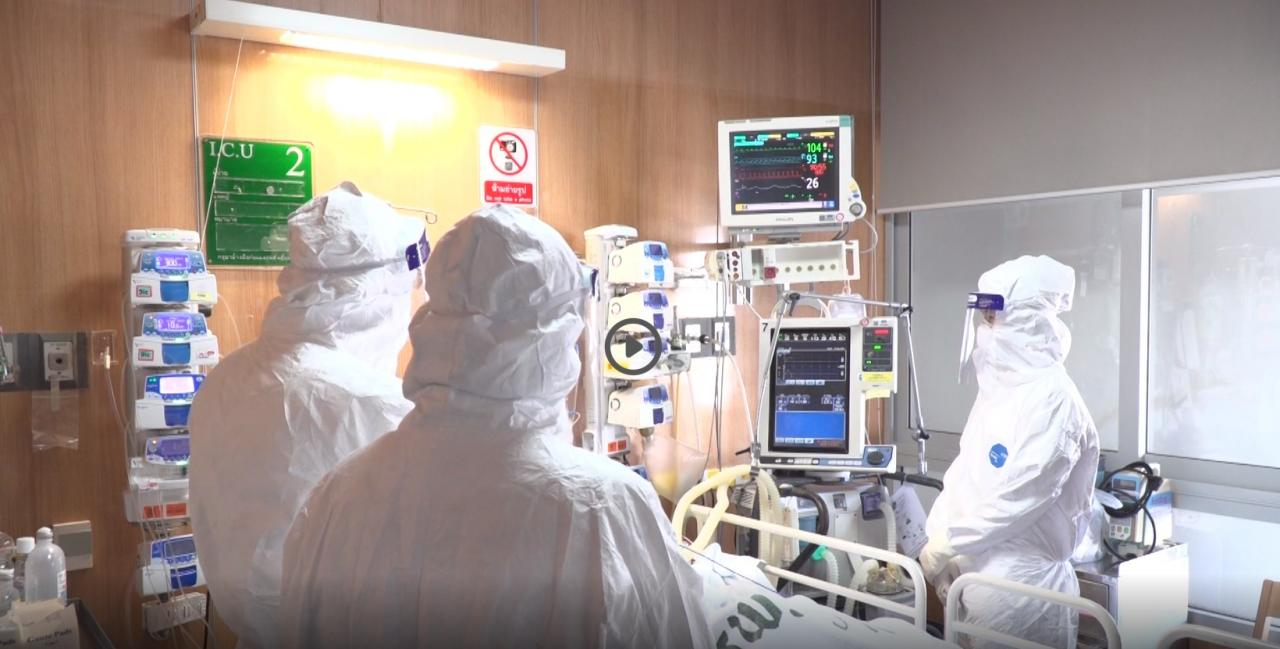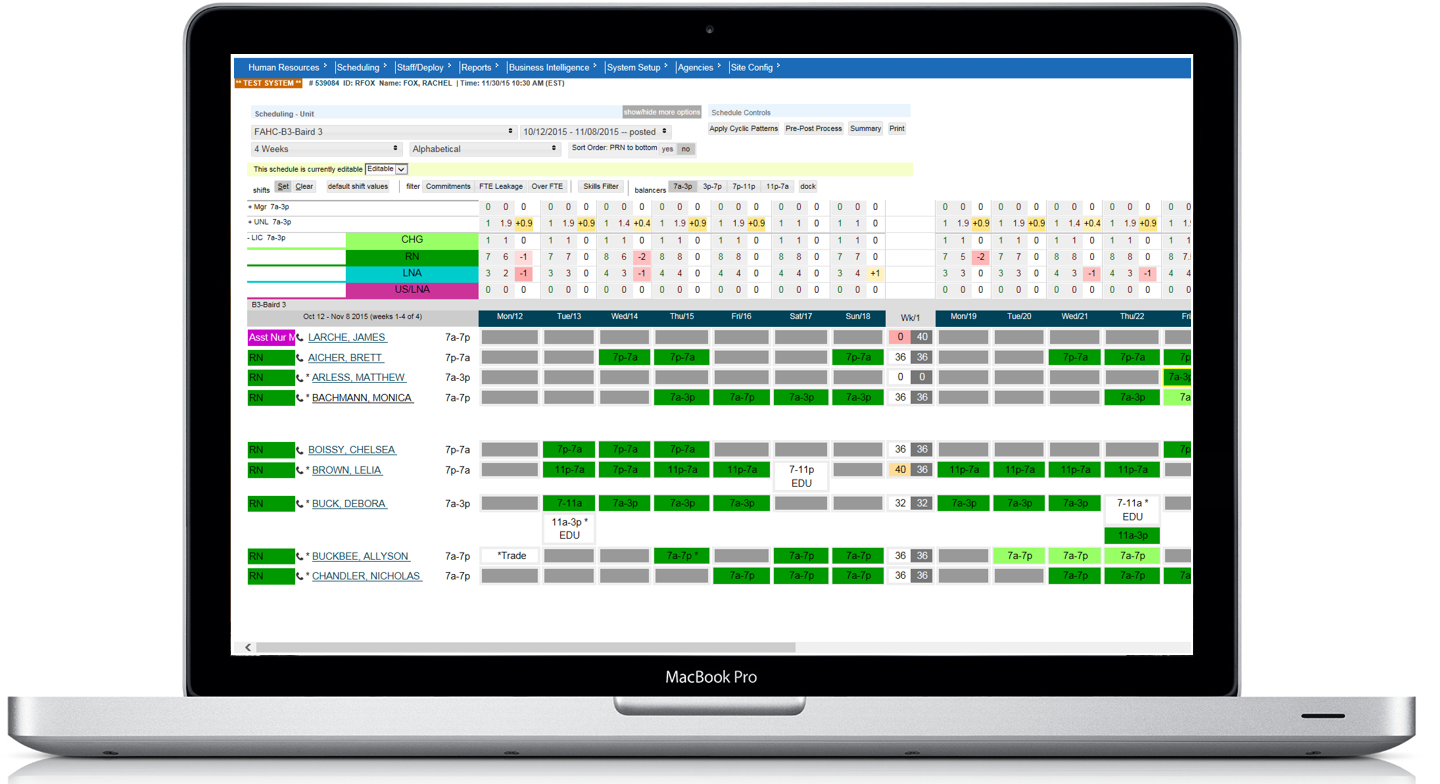Get to Know the Hospital Platform Consultant: A Career of the Future
After COVID-19, one of the industries expected to grow significantly is the hospital industry, due to a heightened global awareness of illness and health.
Like every other sector in the digital age, the hospital industry needs software systems and platforms to operate more efficiently.
A career that is both promising and likely to be in high demand in the future is that of a Hospital Platform Consultant—a specialist who advises hospitals on how to integrate digital systems into their operations.
A Hospital Platform Consultant is a specialist who advises healthcare providers on the development of systems such as HIS (Hospital Information System), patient mobile applications, and data science & machine learning solutions for hospitals.
This role is highly challenging, as it involves solving complex problems related to designing end-to-end systems and processes for delivering healthcare services.

For example, a company may be tasked by a hospital to design a system for managing operations in the Intensive Care Unit (ICU Ward).

The first task for a Hospital Platform Consultant is to design a system for collecting and managing data such as vital signs, which are used to assess a patient’s condition. This also includes nursing records, laboratory data, radiology (X-ray) information, as well as physician documentation such as diagnoses and medical orders.

A Hospital Platform Consultant must also design a system to support the prescription and management of medications, medical supplies, and related healthcare products, which is significantly more complex than traditional inventory management systems.
For instance, a single drug may have therapeutic equivalents. Therefore, the system must distinguish between generic names and trade names to allow substitutions when appropriate. In addition, prescriptions must be linked to relevant medical diagnoses, and cannot be issued without justification. The system must also handle partial usage of drugs — if a medication is not used all at once, the platform must accurately track remaining quantities.
Moreover, the consultant must understand the financial and billing context of hospital operations. Aside from patients, there are often multiple payers involved in covering treatment costs — such as insurance companies, the Comptroller General’s Department, the Social Security Office, the National Health Security Office (NHSO), and other funding agencies.
Each payer may have its own complex reimbursement rules and billing criteria. The platform must assist staff in calculating charges and processing reimbursements both quickly and accurately.
In the case of an ICU ward, the consultant must thoroughly understand the regulations and billing criteria specific to critical care and design the system to comply with those rules.

In healthcare services, one of the most limited and critical resources is the time of healthcare personnel — including doctors, nurses, pharmacists, and various allied health professionals. For example, in the case of an ICU ward, efficiently managing the nursing shift schedule is essential, as a limited number of nurses must care for a large number of critically ill patients.
A well-designed system must therefore support the efficient management of medical staff time — helping optimize schedules for doctors and healthcare professionals. It must also assist in maximizing the use of limited medical equipment, ensuring that all resources are utilized to their fullest potential.

It is evident that a Hospital Platform Consultant must deeply understand the user experience of all stakeholders involved — including patients, doctors, nurses, pharmacists, financial staff, and other healthcare professionals.
They must also comprehend the key processes in patient care, which can be grouped into four critical areas:
- Medical diagnosis and treatment processes
- Management of medications, medical supplies, and equipment
- Financial management and reimbursement processes
- Workforce and equipment scheduling and utilization
Those who can take on the role of Hospital Platform Consultant typically come from two major backgrounds:
The first group consists of individuals with a computer or digital background who are interested in healthcare services and science.

For example, those with degrees in Computer Engineering, any other Engineering disciplines, Computer Science, or Information Technology.
This group tends to have an advantage in understanding software and digital systems. As for the medical and healthcare service context, they can undergo additional training and learn through on-the-job experience to integrate knowledge from both domains.
The second group consists of individuals from healthcare and science backgrounds who are interested in computers and digital technology.

For example, those with degrees in Nursing, Medical Technology, Allied Health Science, Rehabilitation Medicine, Sports Medicine, Biology, Chemistry, Pharmacy, or Medicine.
This group holds an advantage in their scientific and medical foundation, along with an understanding of healthcare services. They can receive additional training to develop competence in software and digital systems, enabling them to integrate knowledge across both domains.
For those interested in a challenging career that blends science and technology, like the role of a Hospital Platform Consultant, we welcome you to join us at Mor IsHealth, a company specializing in hospital system design and development.
To apply or learn more, please contact us or send your resume to join@morishealth.com
